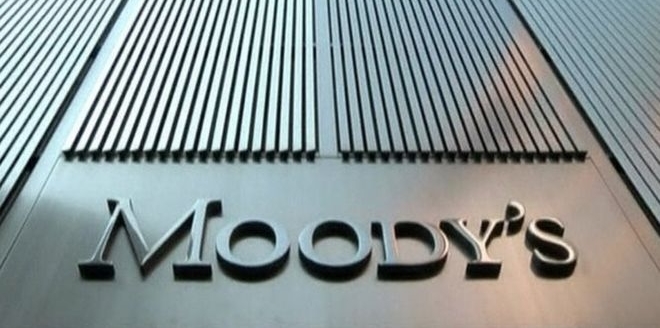Earlier this month, the Reserve Bank of Australia’s (RBA) monetary policy board decided to decrease the official cash rate for the first time since August 2016, cutting it by 25bps, from 1.5 per cent to a new record low of 1.25 per cent.
Following the announcement, RBA governor Philip Lowe noted that “at its core”, the board’s decision to cut rates was made to “support employment growth and to provide greater confidence that inflation will be consistent with the medium-term target”.
The reduction elicited an immediate response from the market, with several lenders, including the big four banks, passing on the 25bps decrease – either partly or in full – to mortgage customers.
Economist at Moody’s Analytics, Katrina Ell, highlighted the need for monetary policy stimulus, pointing to lower than expected GDP figures, driven by weakness in key economic indicators.
“The Australian economy is travelling in a slow lane,” she said. “GDP growth is forecast at 2 per cent in 2019, potentially its weakest annual expansion since 2009 and following 2.8 per cent in 2018.”
She continued: “Consumption is an important weak spot and makes up around 60 per cent of GDP.
“The housing market correction, weak wage growth, and stubborn spare capacity in the labour market are contributors.”
Ms Ell said she expects the RBA to cut rates by a cumulative 50bps before the end of the year (with the possibility of a third reduction), which she said would “play an increased role” in 2019 by “lifting domestic demand”.
“The combination of increased monetary policy stimulus, expectations of the housing market reaching a trough in the third quarter of 2019, and fiscal policy playing a relatively supportive role including via income tax cuts should boost GDP growth to 2.8 per cent in 2020,” Ms Ell said.
However, the economist pointed to external risks, which may offset any benefits of domestic stimulus.
“Downside risks plague the forecast through 2020, especially from the geopolitical ructions offshore including the US-Canada trade war,” Ms Ell said.
“Further escalation would hurt global growth, and Australia wouldn’t be immune.”
Treasurer Josh Frydenberg has also acknowledged the “international” challenges, which could pose a threat to the domestic economy, with others, including AMP chief economist Shane Oliver, flagging recessionary risks associated with global economic instability.
Fears of a looming recession have prompted some observers, including the CEO of neobank Xinja, Eric Wilson, to encourage borrowers to pocket mortgage rate cuts passed on following the RBA’s adjustment, to help build a buffer against downside risks.
[Related: ‘Triple tailwinds’ could double mortgage growth]
 ;
;
